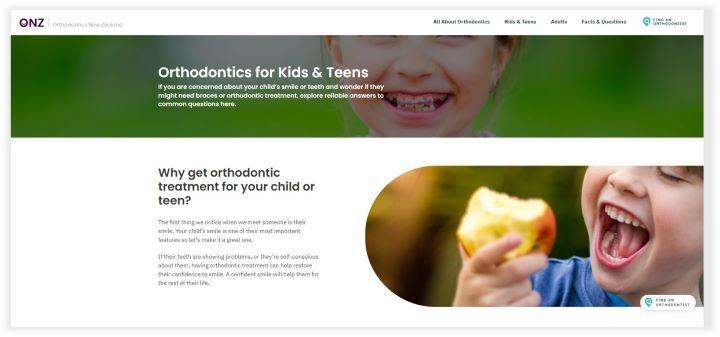
Dentist vs. Orthodontist: Who Should You See for Your Oral Health Needs?
2 October 2023, 10:58AM
When it comes to maintaining your oral health, it's essential to know the key differences between a dentist and an orthodontist. While both play vital roles in ensuring your teeth and gums are healthy, they have distinct areas of expertise and focus.
The Dentist: Your Oral Health Generalist
Dentists are the primary caregivers for your oral health. They undergo extensive education and training, often earning a Bachelor of Dental Surgery (BDS) or a Doctor of Dental Medicine (DMD) degree. Dentists provide a wide range of dental services, including:
- Preventive Care: Dentists are your go-to professionals for routine check-ups, cleanings, and X-rays. They help prevent dental issues and detect early signs of problems.
- General Dentistry: Dentists can address common dental problems like cavities, gum disease, and toothaches. They perform fillings, extractions, and root canals.
- Cosmetic Procedures: Dentists offer cosmetic services such as teeth whitening, veneers, and dental bonding to enhance your smile's appearance.
- Restorative Dentistry: If you have missing teeth, dentists can provide solutions like dental implants, bridges, and dentures to restore your smile's functionality.
The Orthodontist: The Smile Alignment Specialist
Orthodontists are specialists within the field of dentistry. After completing dental school, they pursue additional training through orthodontic residencies, becoming experts in diagnosing and correcting issues related to teeth and jaw alignment. Orthodontists offer services that focus on:
- Braces and Aligners: Orthodontists are known for straightening teeth and correcting bite problems. They use braces, clear aligners (like Invisalign), and other orthodontic appliances to achieve these goals.
- Treatment of Malocclusions: Orthodontists treat malocclusions, which are issues like overbites, underbites, crossbites, and open bites that affect how teeth fit together.
- Early Intervention: Orthodontists can identify alignment issues in children and provide early intervention to guide proper jaw and tooth development.
- Complex Cases: For complex cases that require surgical intervention, orthodontists work closely with oral and maxillofacial surgeons to achieve optimal results.
Choosing the Right Professional
Determining whether to see a dentist or an orthodontist depends on your specific oral health needs. Here are some guidelines:
- See a dentist for regular check-ups: Dentists are your primary oral health care providers and can address most dental issues.
- Consult an orthodontist for alignment concerns: If you have crooked teeth, bite problems, or alignment issues, consult an orthodontist for a specialized treatment plan.
- Collaboration: In some cases, dentists and orthodontists work together to provide comprehensive care. For example, a dentist may refer you to an orthodontist if they identify alignment issues during a check-up.
